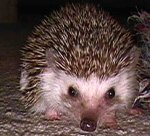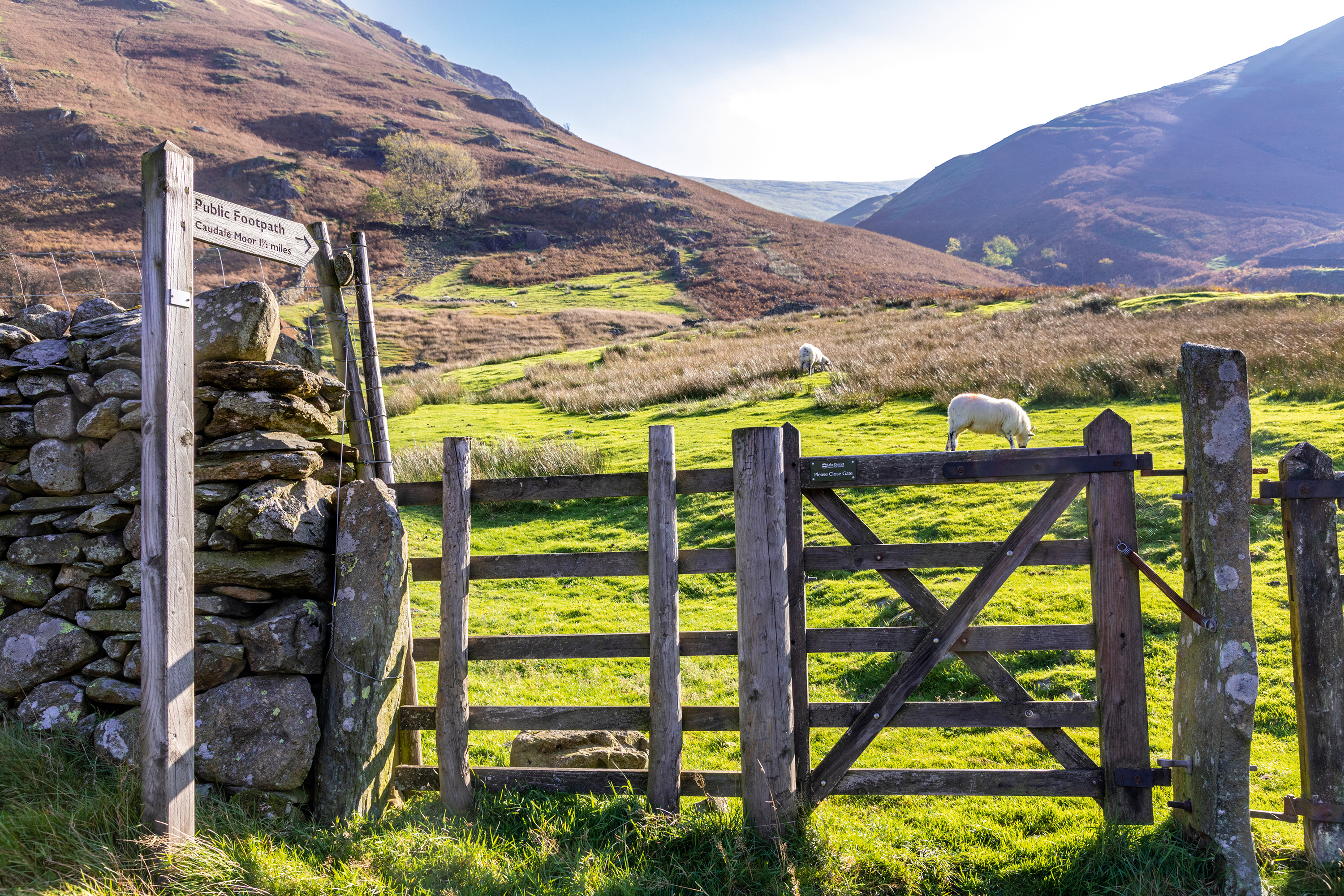'Fragmented approach' to mammals at risk
The numbers of some endangered species are rising, but fragmented approach to helping wild mammals is making it hard to understand how they are actually doing


Horseshoe bats are increasing, hedgehogs are declining and water voles are holding their own. These are some of the findings in the People's Trust for Endangered Species' (PTES) 10-year review of the more precarious populations of Britain's wild mammals. Water-vole numbers have exceeded the 2010 UK Biodiversity Action Plan (BAP) target, and ongoing success is attributed to increased funding for mink control plus improved habitat management.
The otter target has been achieved, with the animals back on most English and Welsh rivers-this is also related to mink control, plus cleaner rivers-but the PTES, which part-funded the recent survey by the Environment Agency, concludes that more research is still needed.
Hedgehogs were given BAP status only in 2007; their decline is linked to warmer winters, which disturb their hibernation; drier springs, which limit the availability of slugs; plus the rise of the badger, its main predator, use of pesticides and being squashed by cars. The wildcat, polecat, pine marten, dormouse, mountain hare and harvest mouse were also added in 2007, and all are declining, although the dormouse's deterioration is now being slowed through a nationwide nest-box programme.
The PTES update highlights Britain's fragmented approach to helping wild mammals-unlike that for birds, which essentially comes under the powerful auspices of the well-funded RSPB and BTO. There are myriad small organisations for mammals-such as for badgers, bats, hedgehogs and red squirrels in some cases, several per animal, plus regional projects dependent on small grants.
A PTES spokesman says: ‘One of the things we're concerned about is that we haven't got an overall picture of how our wild mammals are faring, which is why our aim is for everyone to work together more in future.' During the past 10 years, the PTES has spent grants on finding a way to monitor pygmy shrews using hair-detection tubes, discovering that examining owl pellets can reveal the proliferation of harvest mice, developing ultrasonic lures for the rare Bechstein bat and funding the controversial reintroduction of beavers to Scotland.
The GWCT's National Game Bag Census, which started 50 years ago, also records brown hares and hedgehogs to be down in numbers and predatory mammals such as badgers, foxes and stoats to be up.
* Subscribe to Country Life and save up to £50
Sign up for the Country Life Newsletter
Exquisite houses, the beauty of Nature, and how to get the most from your life, straight to your inbox.
Country Life is unlike any other magazine: the only glossy weekly on the newsstand and the only magazine that has been guest-edited by HRH The King not once, but twice. It is a celebration of modern rural life and all its diverse joys and pleasures — that was first published in Queen Victoria's Diamond Jubilee year. Our eclectic mixture of witty and informative content — from the most up-to-date property news and commentary and a coveted glimpse inside some of the UK's best houses and gardens, to gardening, the arts and interior design, written by experts in their field — still cannot be found in print or online, anywhere else.
-
 Six rural properties with space, charm and endless views, as seen in Country Life
Six rural properties with space, charm and endless views, as seen in Country LifeWe take a look at some of the best houses to come to the market via Country Life in the past week.
By Toby Keel
-
 Exploring the countryside is essential for our wellbeing, but Right to Roam is going backwards
Exploring the countryside is essential for our wellbeing, but Right to Roam is going backwardsCampaigners in England often point to Scotland as an example of how brilliantly Right to Roam works, but it's not all it's cracked up to be, says Patrick Galbraith.
By Patrick Galbraith